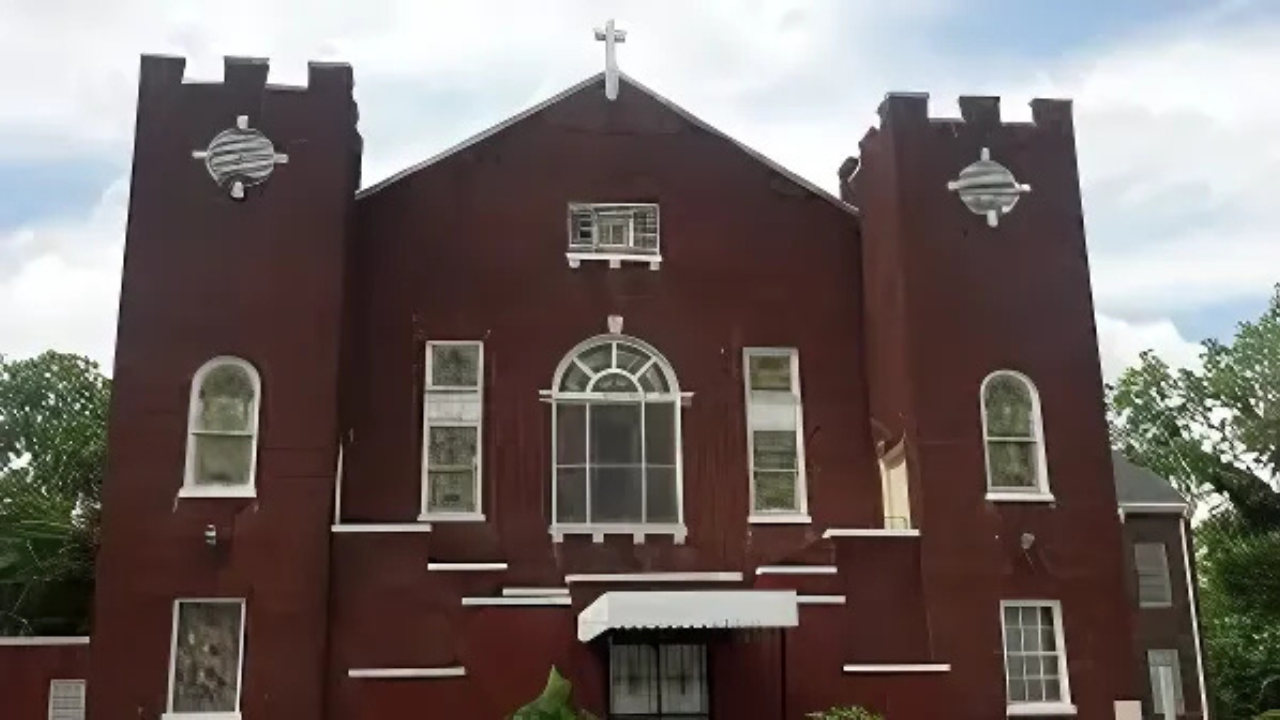The United Methodist Church has officially closed 27 churches in the South Alabama and Florida Panhandle region as part of a major shift in its structure.
The closures were confirmed on Sunday, June 9, during a vote at the 2024 Alabama-West Florida Annual Conference in Montgomery.
Out of the 27 churches, 25 had already disaffiliated from the denomination in previous years and were no longer holding regular worship services.
The closure of churches like Christ United Methodist Church in Milton, Florida, and Century United Methodist Church in Escambia County was a formal process.
Even though they had stopped functioning earlier, they remained on official records until the conference officially closed them. This recent vote was essentially the final step in the legal and administrative process.
Bishop David Graves, who leads the Alabama-West Florida Conference, explained that the church is now focusing on growth and healing after this significant period of disaffiliations.
He said the closure of these churches allows the denomination to move forward and focus on serving communities more effectively. According to him, the priority now is to support existing churches and explore ways to grow new ones.
Many of the churches that closed had voted in earlier years to disaffiliate due to ongoing disagreements over LGBTQ inclusion and other theological differences.
These disputes have led thousands of churches across the country to leave the United Methodist Church since 2019. The disaffiliation process has been widespread, particularly in the southern United States.
Although the closures mark the end of worship at these particular sites, some of the church buildings may still be used in the future.
In a few cases, the properties may be sold, repurposed, or even used to start new congregations. The church leadership has said they will evaluate options depending on the needs of the community.
During the conference, Bishop Graves also emphasized the need for United Methodists to focus on their mission and to find hope amid change.
He encouraged members to look forward, rather than dwell on past divisions. The message was clear: even with fewer churches, the goal is to make a bigger impact.
The United Methodist Church continues to face changes across the country as it navigates through this challenging period. But leaders say they are committed to rebuilding and reconnecting with people, especially in local communities where churches have long played an important role.






